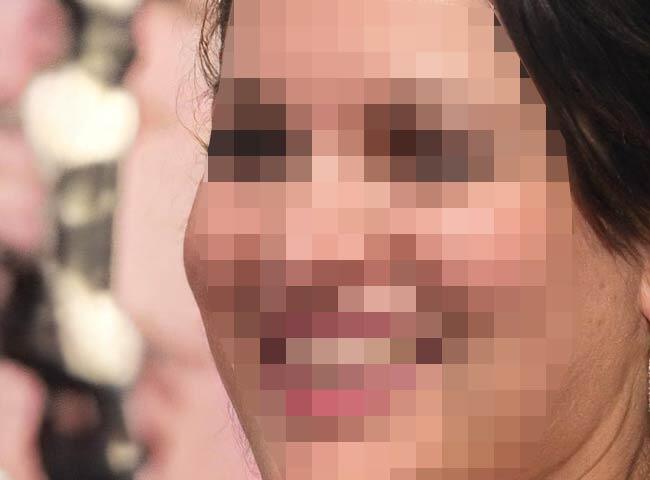Meet Morgan

Morgan's story
Electrolysis Support Fund recipient
Morgan (she/her) is a disabled trans woman from California who is currently unemployed. Seeking employment has been a significant challenge for her due to unreliable transportation and limited job experience. Additionally, her facial hair has forced her to choose between trying to present as masculine or risking discrimination. The situation has only been exacerbated by the loss of her savings during the pandemic and her mother's passing. She is currently getting by on the support provided by her friends and brother, and what little she can earn through other means.
Morgan has been on HRT for three years now, and while other changes have become increasingly harder to hide, it has done nothing to suppress facial hair growth. She shared, "My facial hair has made passing difficult and has been a constant source of dysphoria. With very sensitive skin, shaving leads to severe razor burn, making my face stand out even more."
Morgan's timeline
-
Award Granted
April 5, 2024
Morgan was awarded a grant toward permanent hair removal!
-
Care Received
June 21, 2024
A payment has been made toward Morgan's permanent hair removal!
-
Care Received
November 14, 2024
A payment has been made toward Morgan's permanent hair removal!
-
Care Received
December 9, 2024
A payment has been made toward Morgan's permanent hair removal!
About Hair Removal: Femme Award
On average, it costs $2,300+ for Morgan's care.
- What is it?
- Before care
- After care
What is it?
Point of Pride provides grants to trans femme people seeking hair removal on their face, neck, or an area of the body in preparation for bottom surgery.
What is life like for a person who needs this care?
For trans femme folks, particularly trans femmes of color, access to facial hair removal often equates to safety against anti-trans violence or discrimination. It's common for applicants to note issues with employment and public safety, particularly if their facial hair is dark or thick. Electrolysis and laser hair removal services are often deemed cosmetic and therefore not covered by health insurance plans.
What is the impact of this care on the recipient’s life?
Access to hair removal often leads to a more positive emotional well-being, increased confidence, increased safety when in public, and better opportunities at employment and more.
Your support funds healthcare that's
life-changing. Life-saving. Life-giving.